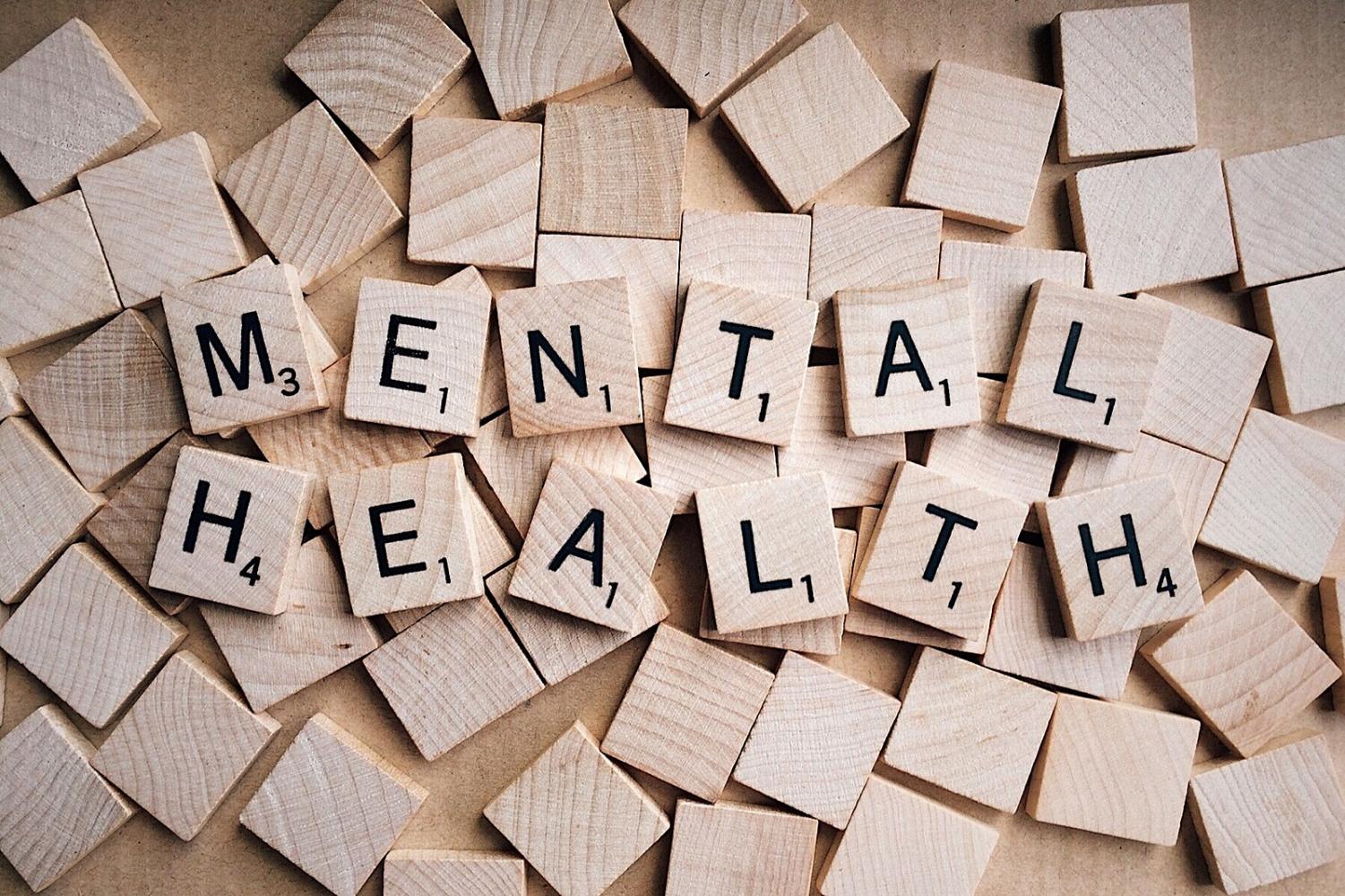There is no question that COVID-19 has had an impact on people’s health. While the coronavirus affects the physical body, it has also taken a toll on the mental health of our society. The Kaiser Family Foundation conducted a poll from March 25–30 and found that around 45% of adults in the United States say the pandemic has negatively impacted their mental health. Nineteen percent reported that it had a major impact on their mental health. Teens have previously been reported to have an increased risk before the pandemic. Research has shown that from 2005-2006, suicidal thoughts, anxiety and depression were at 48.3%. From 2017-2018, it has increased to 57.8%. This quarantine has only worsened the problem.
Our boundaries are being constricted, and our social and physical needs are not being met. Whether it’s being trapped in a house, not having face-to-face time with friends or not being able to go to the gym, this time has not been easy for anyone mentally or emotionally.
THE UNNATURAL NATURE OF ISOLATION
Human beings are not designed to be lonely. We are designed to be in community with each other. The fact that loneliness is linked to a greater risk of anxiety, depression, heart disease and dementia is evidence that it is not healthy or natural. With over 16 million American adults having faced at least one major depressive episode in 2016, those numbers are undoubtedly much higher under quarantine. While it is unquestionably necessary to curb the outbreak, social isolation damages many Americans’ mental health. Although it is not the same as face-to-face interaction, we should take advantage of applications such as FaceTime and Zoom to keep our social connections and reduce the risk of these side-effects of loneliness.
THE GRIEF OF UNEXPECTED SEPARATION
The COVID-19 outbreak has strained friendships through separation. Many students have had to say goodbye to friends unexpectedly, which has been incredibly difficult. Some of my friends at Biola were about to graduate, and I have no idea when I am going to see them next if ever again. There is a lot of uncertainty. Some have different plans for their education. I had to say goodbye to a friend that is planning on studying abroad next semester, meaning I likely won’t see him until next January, which is our last semester at Biola. While I want my friend to experience the world and widen their horizon, the loss of time is something I have had to process.
Moving home often means leaving behind unfinished business, whether that be in your social life or your educational experience, which can also bring a sense of anxiety. While Facebook and Instagram are always available, it can never replace the joy of having face-to-face interactions both in and out of class, with both professors and friends. I am not alone in this feeling.
So give yourself time and space to process your feelings on all the sudden endings and distanced relationships. Spiritual Development is still available on Zoom meetings during this time for anyone who needs to grieve and process the recent events.
THE BOTTOM LINE
For those who are grieving and processing these unexpected goodbyes, it is OK to feel this way. Students have license to feel lonely and isolated. It is something that everyone is feeling right now.
The outbreak has been a massive inconvenience for everyone, and the impacts on mental health are undeniable. Having said that, students can still find ways to connect with the people they care about, even if it’s not face to face. For the sake of their mental health, students should maintain contact with their friends so they can preserve their social lives. Everyone is facing the difficulty of the current pandemic but you are not in this alone.








